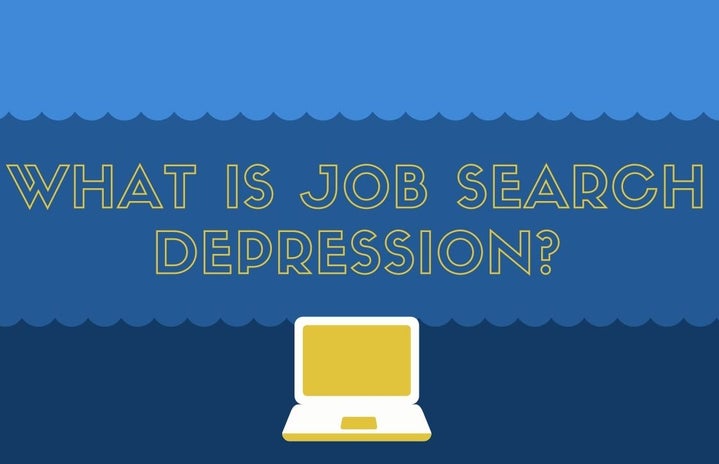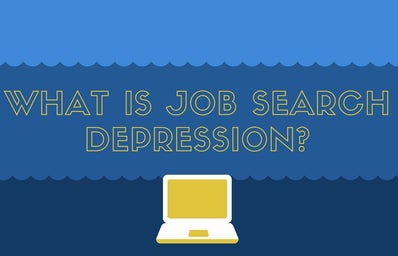As a new wave of college students begin their final semester in preparation to graduate in May, many are taking to LinkedIn, Zip Recruiter and Indeed to apply to countless job ads, myself included. With the job market ever-expanding in the media department, it should be no problem to get hired before commencement, right?
But the mindset slowly diminishes when application after application is sent in, receiving not a single word in response. You start to fill with anxiety: Did they get your application? Shouldn’t they at least send something back to let you know? Can’t they at least send a rejection email so I don’t get my hopes up? Why is there radio silence?
It’s a dilemma that many, if not all, college graduates face, and it feels very belittling — as if your time is not important. This can lead to job search depression. Job search depression is exactly what it sounds like: a hopeless feeling that comes from a period of looking for or trying to land a job. Typically, this period lasts from 10-12 weeks, meaning that once you’ve been applying for that long, you’re more likely to feel this way, according to a study conducted by Carlson School of Management at the University of Minnesota.
The same study takes into account a few tell-tale signs of job search depression. If you’re feeling moody, sad or hopeless and finding trouble to even submit your resume to a potential company, you may have job search depression. These symptoms can lead you to wonder exactly what you are doing wrong, and even if you are deserving of any of the jobs you apply for. And, like many other forms of depression, this can eventually make the pain more physical, including aches and pains, and a feeling of overall hopelessness.
The best way to cope with job search depression is to constantly give yourself gentle reminders that, like most things in our lives, we can overcome this. If you’re graduating, you’re probably in the same boat as many of your friends are, so be sure to reach out to one another and offer some stress relief! Giving yourself a break when you need one is key to recharging your brain and coming back into the field better than before.
When you get back to it, brush up on your current skills listed on your resume and learn some additional ones. Keeping yourself in check is a great way to keep a positive attitude when all you may be able to think about is what you can’t do.
Most importantly, seek help if you feel you need it. We’re all in this together!
—
Edited by Zoë Skvarka



